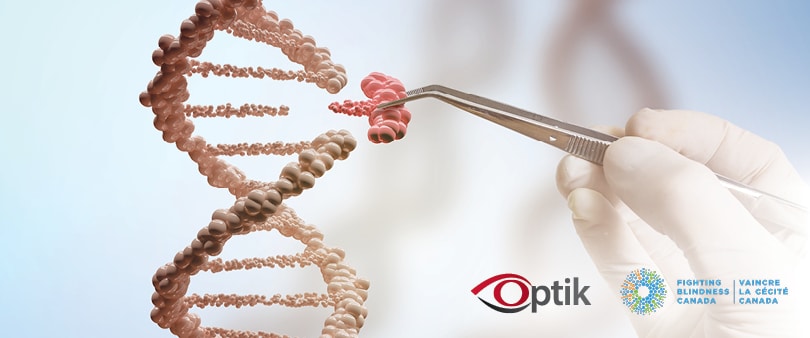Optogenetics Restores Some Vision in Advanced Retinitis Pigmentosa Patient
Wednesday, September 8 2021 | 10 h 43 min | Vision Science
Scientists have reported that a patient achieved partial recovery of sight in a Phase I/II optogenetics therapy clinical trial. The study sponsored by GenSight Biologics, was published in the journal Nature Medicine.
In advanced retinal degeneration, photoreceptors die so that an individual can no longer sense light signals or make out shapes of images. Scientists are studying if they can turn other surviving retinal cells, such as retinal ganglion cells (RGC) into light sensors using a technique called optogenetics.
In optogenetics a gene that produces a light sensitive protein, such as RGCs, is added to retinal cells. When a specific wavelength of light activates the cell, the light sensitive protein changes shape and turns the cell on or off.
The treatment in this study (called GS030) uses gene therapy to introduce a gene for an algae protein called opsin into RGCs. The patient then wears image-capturing goggles that amplify light signals and turns them into amber light wavelengths which activate the algae opsin.
This study presents results from a 58-year-old French man who before treatment could sense light but not distinguish shapes. Within a few months of treatment, he was able to see the white stripes at a pedestrian crossing and find objects on a table. The visual gains were modest as he isn’t able to see colours or distinguish faces or letters. Nevertheless, this is a big step for the field of optogenetics, and it offers hope that these techniques may be a viable treatment option for individuals with advanced retinal degeneration.
This study only reported on a single patient. The full trial will have up to 15 participants. It will be important to see if safety and efficacy are seen in a larger number of individuals with more results in the coming years.








